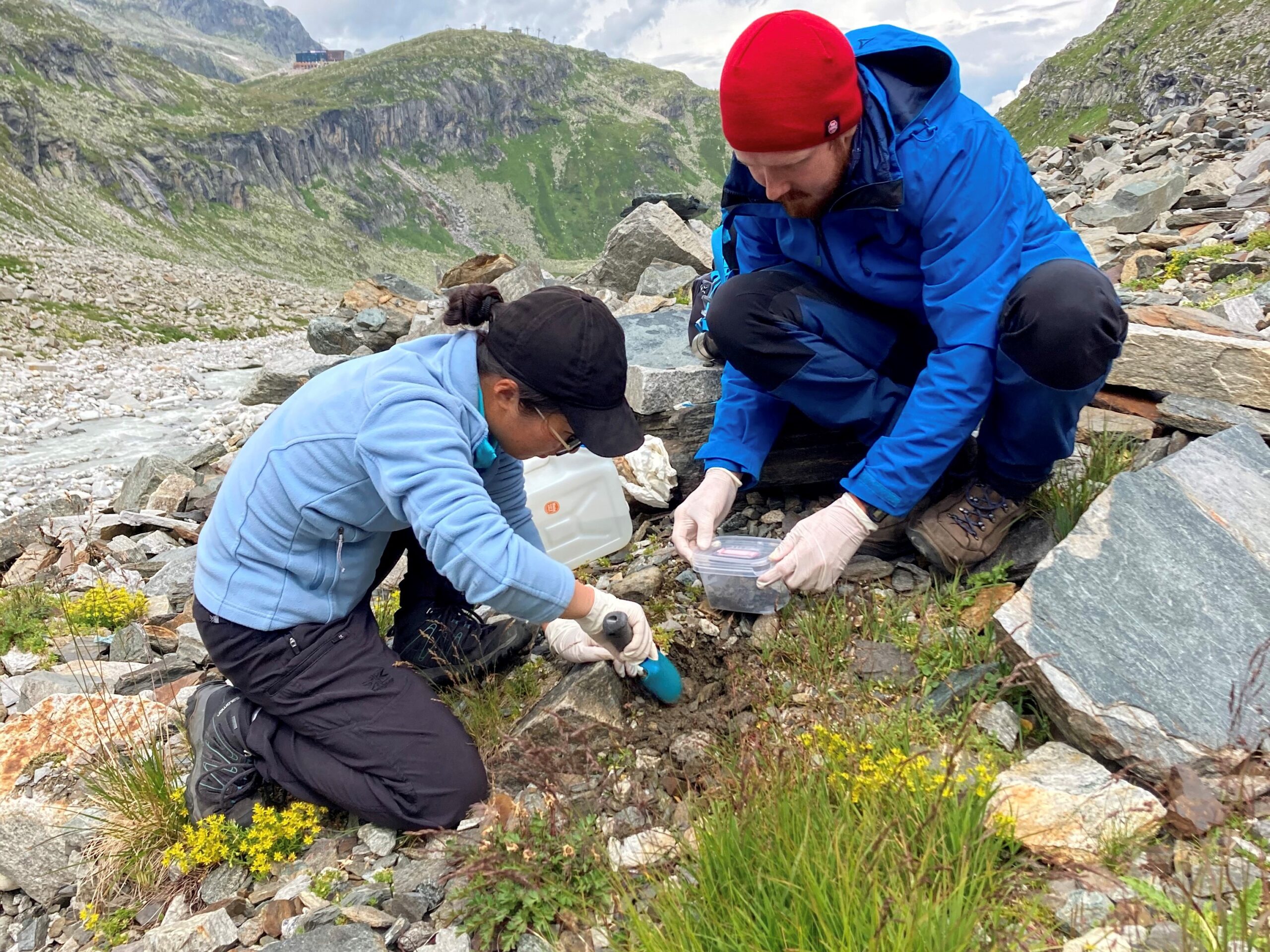Environment & Biodiversity – A new department at the PLUS dedicated to the challenges of global change
Our environment is rapidly changing. Humans have fundamentally changed landscapes and interfered with global processes over a very short period of time, and have in some cases brought them into a state of imbalance. We have arrived in the so-called “Anthropocene” era – the geological age shaped by humans.
The new Department of Environment & Biodiversity will address current topics and challenges of global change – such as the biodiversity and climate crises – in research and teaching. The department is divided into four divisions: Geology and Physical Geography, Botany, Zoology, and Didactics. Central to this will be environmental communication, as in addition to excellent research and teaching, the task of communicating often complex issues to policy-makers and the society is also on the agenda. The Core Facility Electron Microscopy and the Botanical Garden will become departmental institutions.
In addition to long-lasting evolutionary processes in the history of the earth, short-term reactions to anthropogenic environmental changes, natural hazards and potential adaptations of organisms are in the centre of future research work in the new Department. Different scales, both spatially and temporally, will be considered. The units of investigation will relate to all levels of biodiversity, such as species communities, population structures, the behaviour of selected species and individuals, and even intra-species, molecular units.
“We are very much looking forward to future synergies that will arise in research and the acquisition of third-party funding,” says Professor Andreas Lang (Physical Geography). The first joint third-party funding proposals and research articles have already been written and submitted. As early as next year, new study programmes will be created to train young people to effectively address the challenges of global change. “This department will not only work on important questions and challenges of the current environmental crisis, but will offer organismic biology a future-oriented perspective at PLUS”, says Professor Jan Christian Habel (Zoological Evolutionary Biology).





